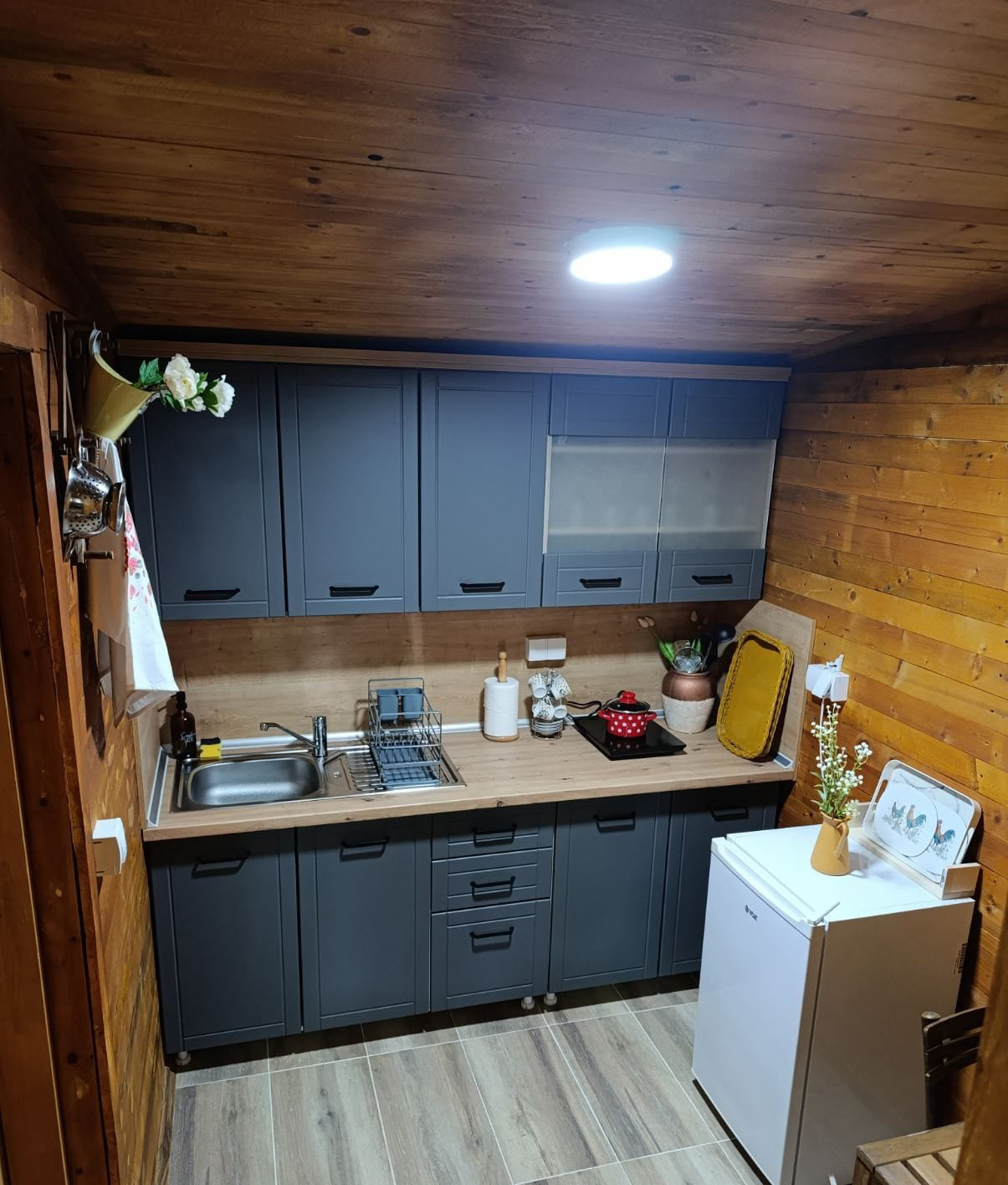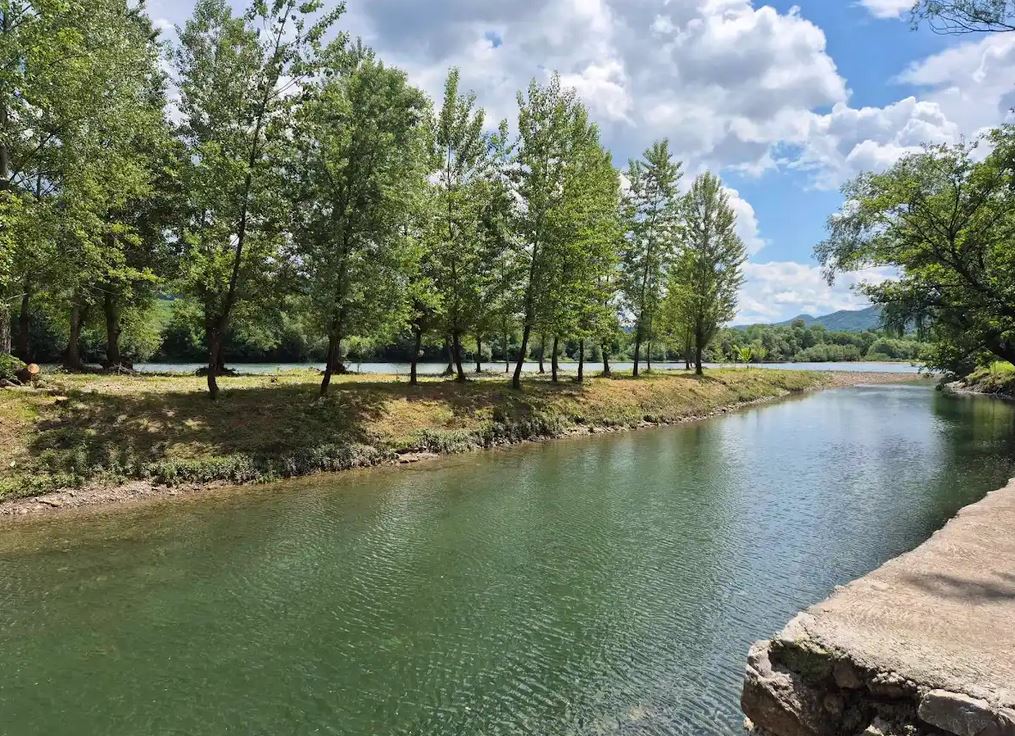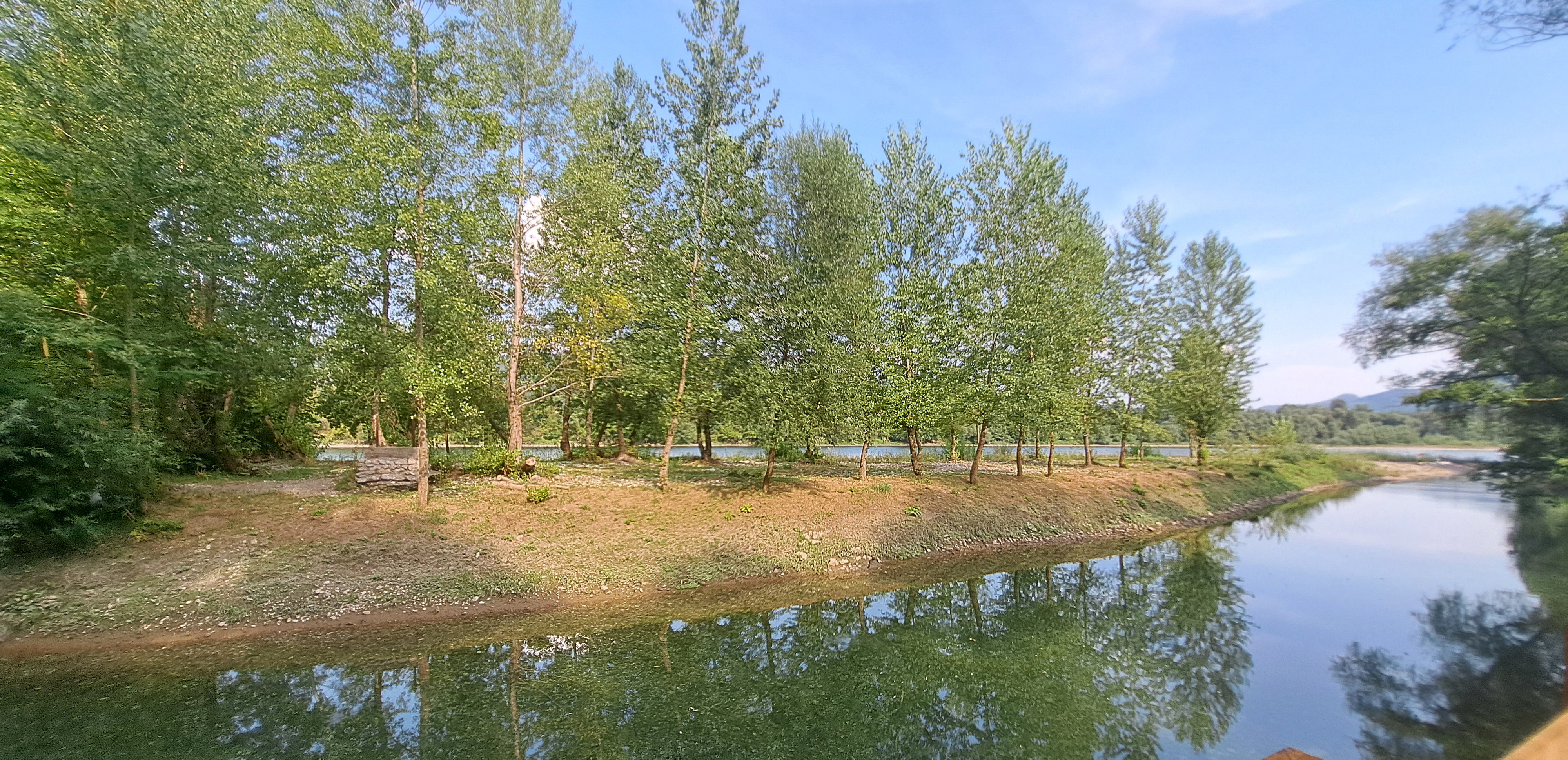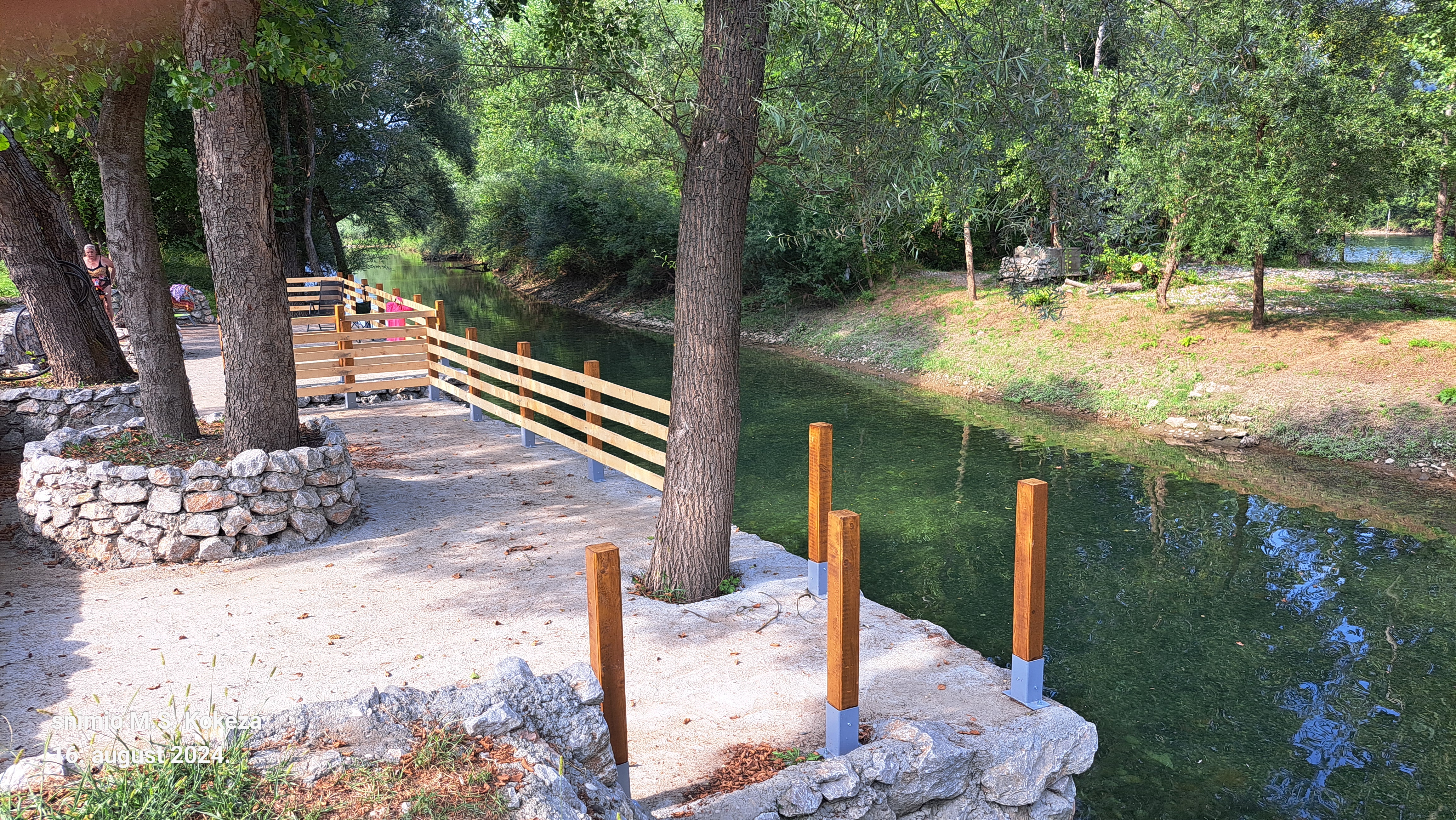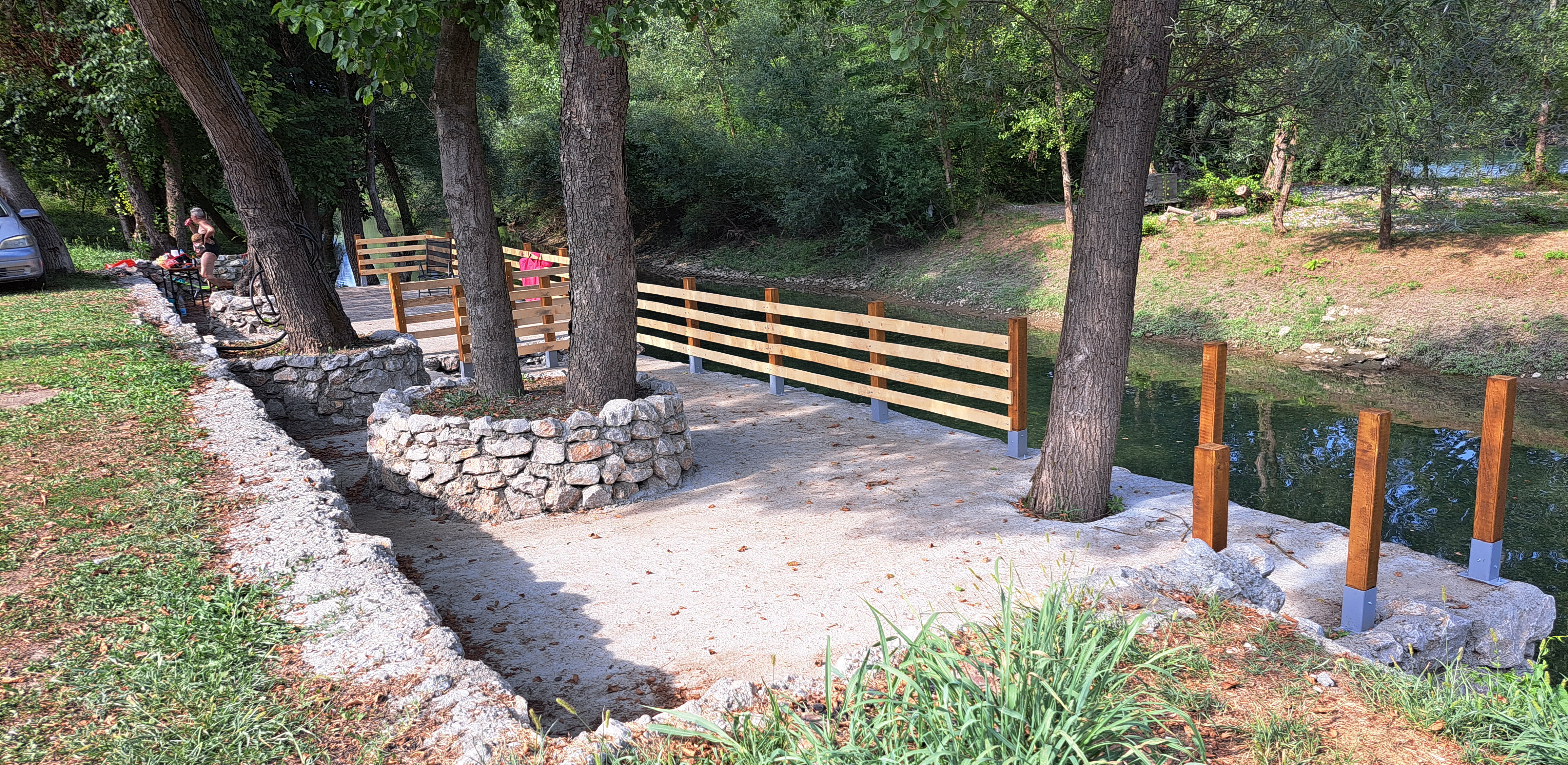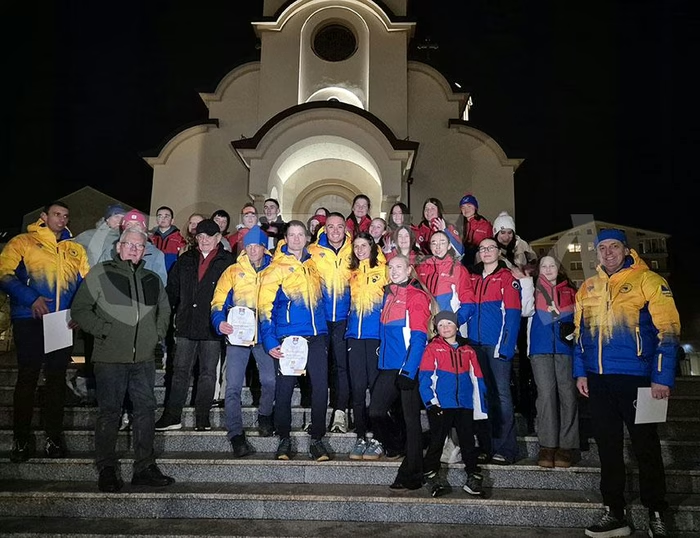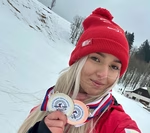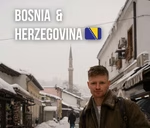Bosnian man returns from Germany to invest in revitalizing his ancestral village
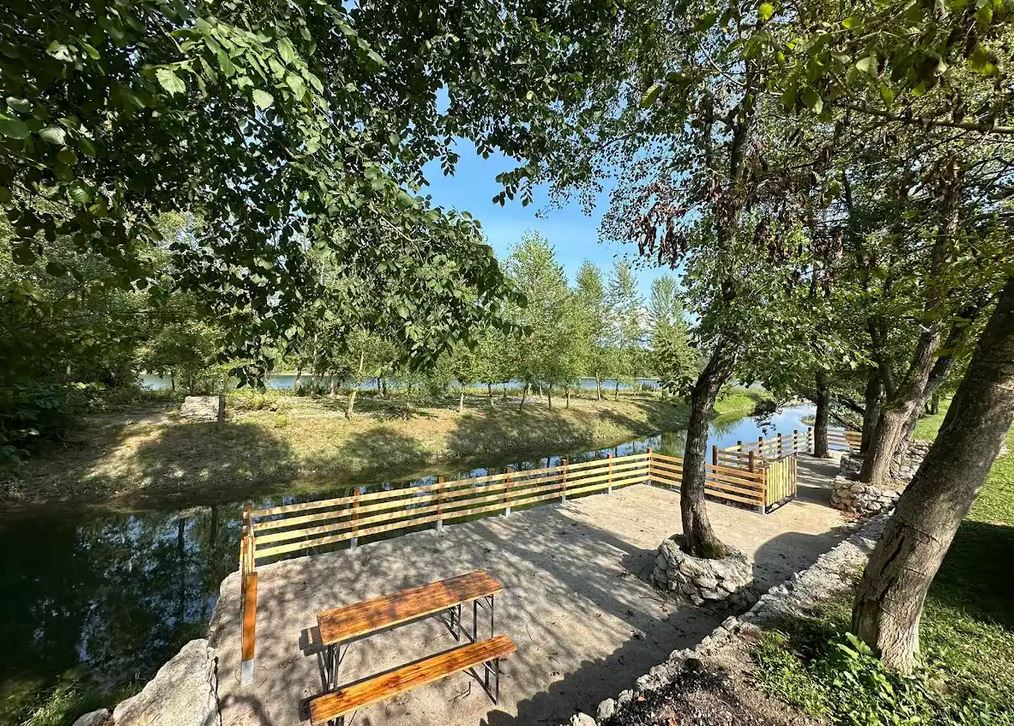
Many, especially young people, have left and continue to leave Bosnia and Herzegovina, driven by a lack of job opportunities, political instability, and widespread corruption. This exodus has left war-torn villages almost deserted, with few young people willing to return. Even those who have come back often leave again due to the harsh living conditions and lack of basic amenities. However, many who left Bosnia and Herzegovina say they would return if the conditions that drove them away were improved.
One such individual is Tomislav Djokanovic, born in 1995, who left for Germany four to five years ago. Now, he plans to return and is investing his savings earned in Germany into his hometown of Bjelovac, near Bratunac.
Tomislav’s older brother, Branislav, a theology student, stayed behind with their parents, tending to the family farm. Branislav, who is unemployed along with his wife, a temporary English teacher, says they do some farming for themselves and some for sale. Both brothers are married with children; Branislav has two, while Tomislav has one with another on the way.
"A few years ago, when my brother went to work in Germany, we started cleaning up this overgrown and trash-filled area, mostly funded by my brother while I handled the on-site work," Branislav explains.
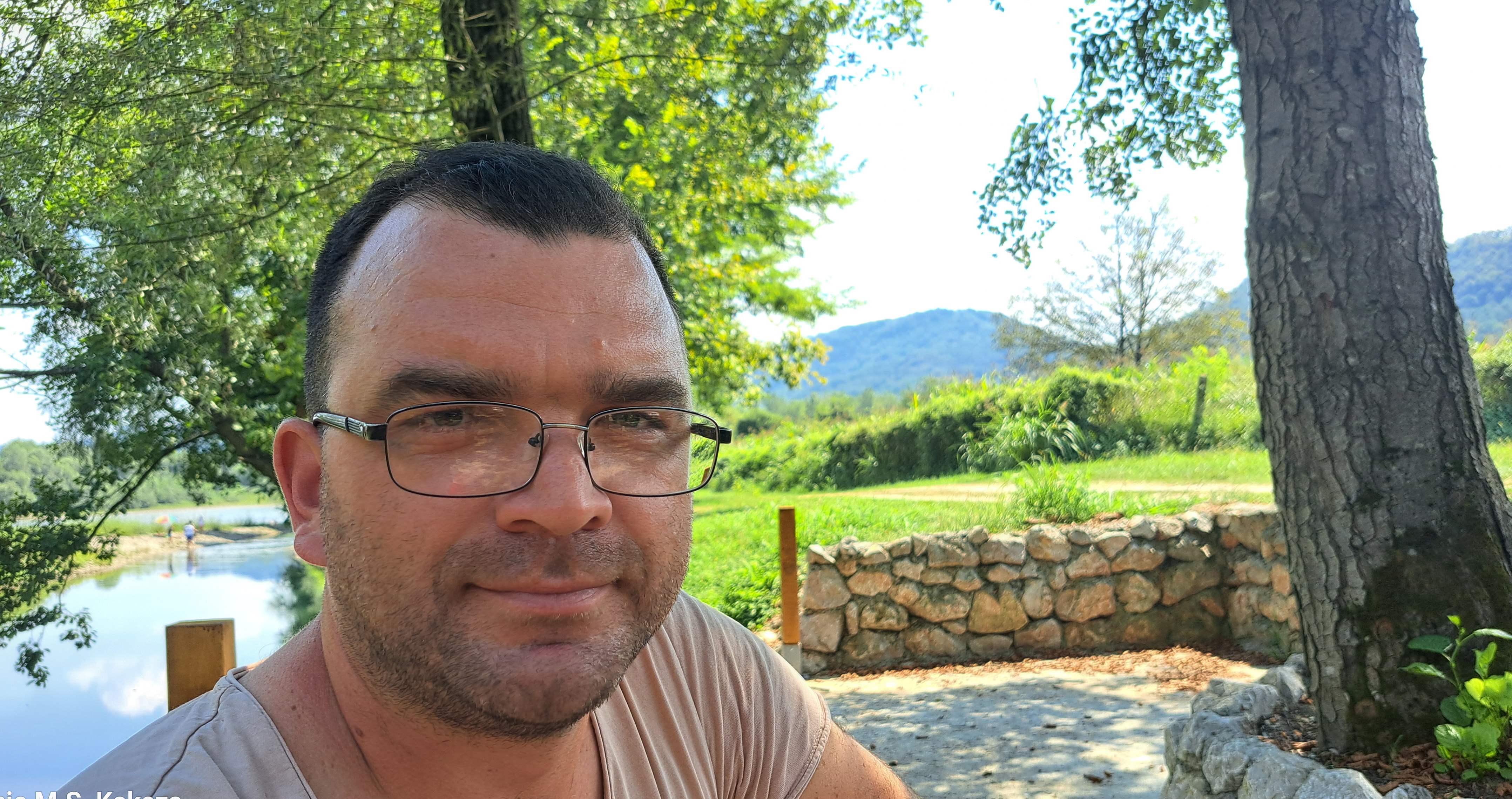
After clearing the beach, they built two large stone terraces for sunbathing, sitting, and barbecuing, which could serve other purposes in the future. They also laid the foundation for a small suspension bridge connecting the riverbank to an island in the Drina River. Their goal is to build and furnish accommodation for guests on their land.
"We bought two log cabins that returnees used before building their homes, moved them here, and set them up as vacation cabins. One is now fully equipped with everything needed for a comfortable stay, including a bathroom, kitchen, air conditioning, and internet. We’ve recently started renting it out," says Branislav.
The Djokanovic brothers have ambitious plans, but they require significant investment.
"Our plan is to build something like an ethnographic restaurant on the river island across from our property, where we can serve local products and specialties. However, since this requires substantial investment, we’re starting small with an open-air café targeting middle-aged and older visitors," Branislav shares.
This way, the brothers aim to maintain the peace and quiet of the area, which they and their visitors value.
"There are plenty of places for young people to party at Rajska Plaza," Branislav adds with a smile, referring to a large, well-maintained recreational complex with beaches, cafes, and sports facilities a few kilometers downstream on the Drina River.
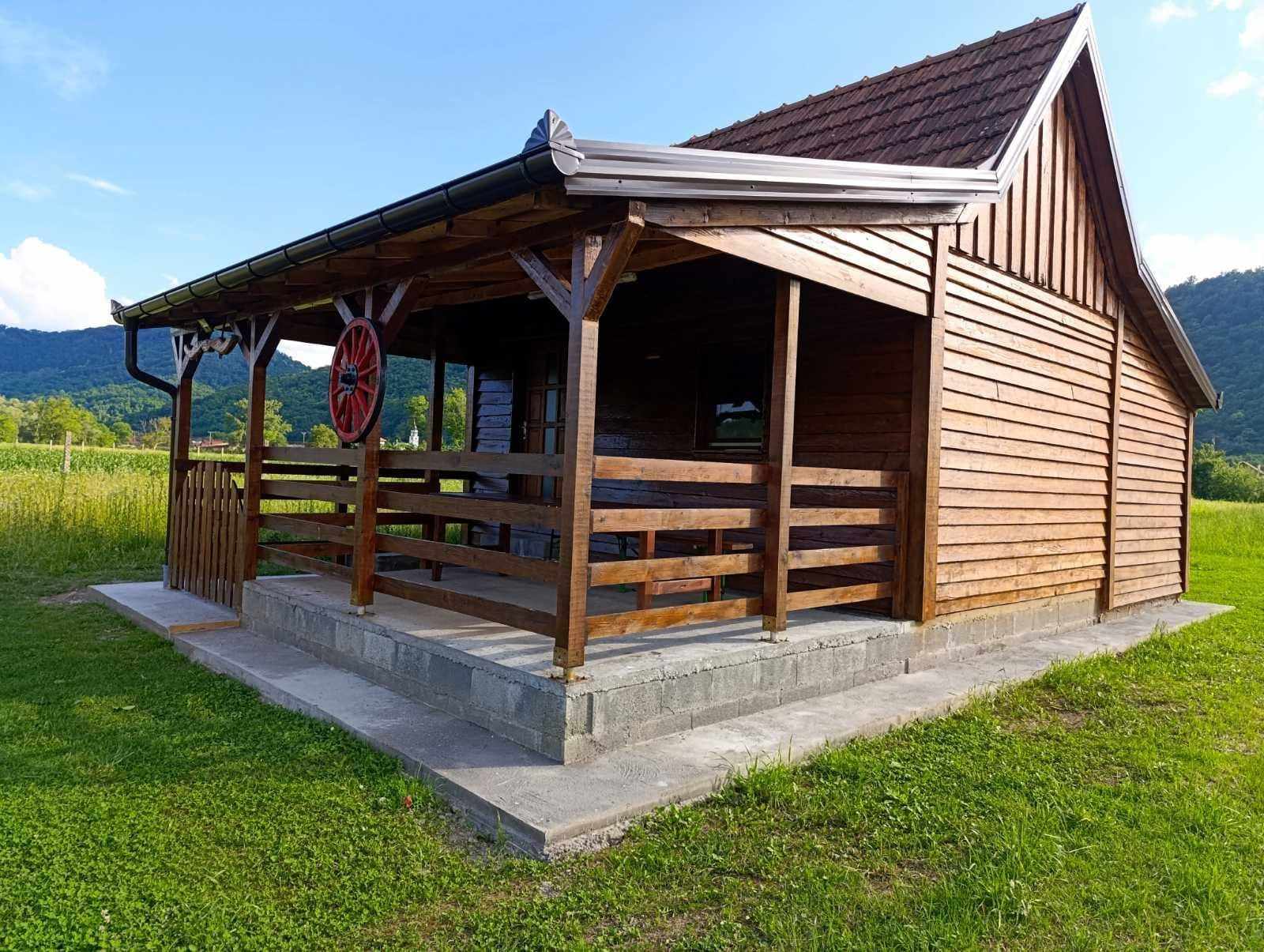
The Djokanovic brothers are proceeding in phases, investing as much as they can afford at each stage.
"This year, we plan to finish the fence on the terrace, and then we need to complete the barbecue area behind the cabins. We also plan to build a playground for children to provide some entertainment for everyone staying here," Branislav explains.
Bjelovac is one of the few villages with a fully functioning sewage system, and the brothers have made every effort to preserve the environment. Their property is connected to the municipal water supply, which is crucial since the Bratunac water intake is located nearby.
During these hot days, many visitors come to the Djokanovic property to relax, sunbathe, and swim—completely free of charge.
"We don’t charge anything; the only request is that people clean up after themselves," says Branislav.
Most visitors take care to clean up, but there are a few who leave a mess behind, which Branislav clears each morning.
"Not everyone is the same, and I don’t want to generalize, but these habits are learned at home. Most people are mindful of not leaving trash behind, but some, including those who live and work abroad, leave garbage here, which I doubt they do where they live... but that’s their culture," Branislav remarks.
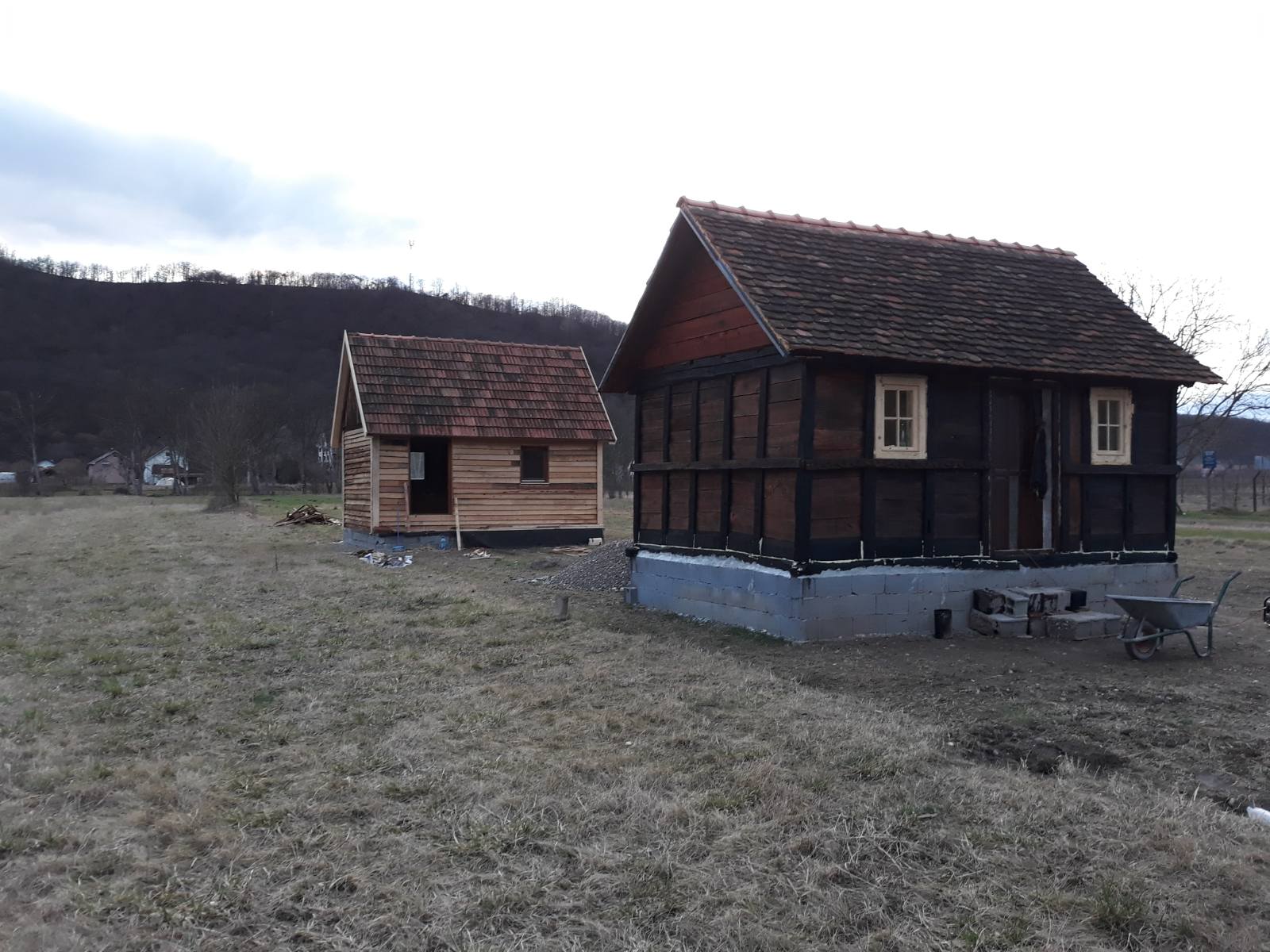
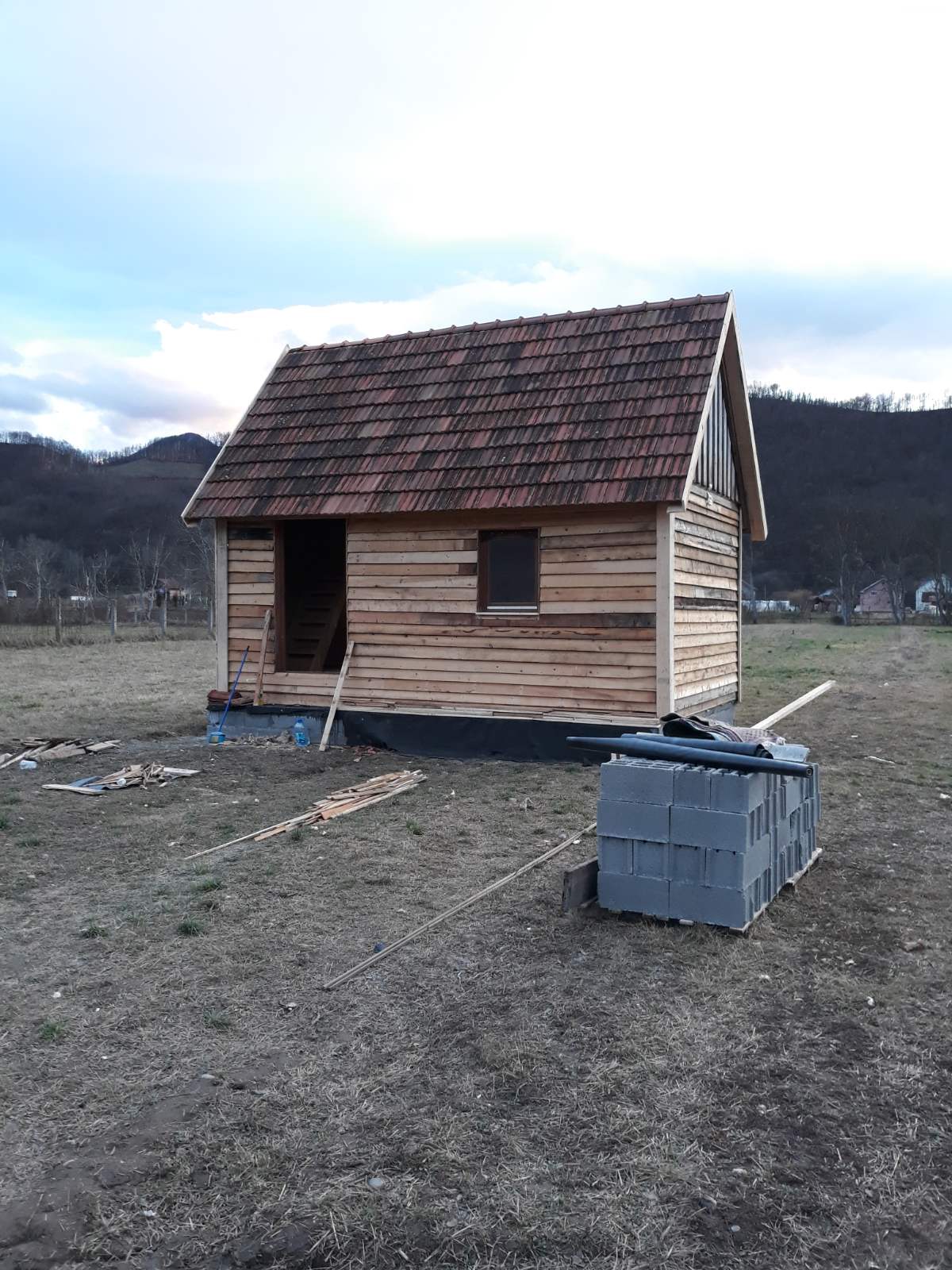
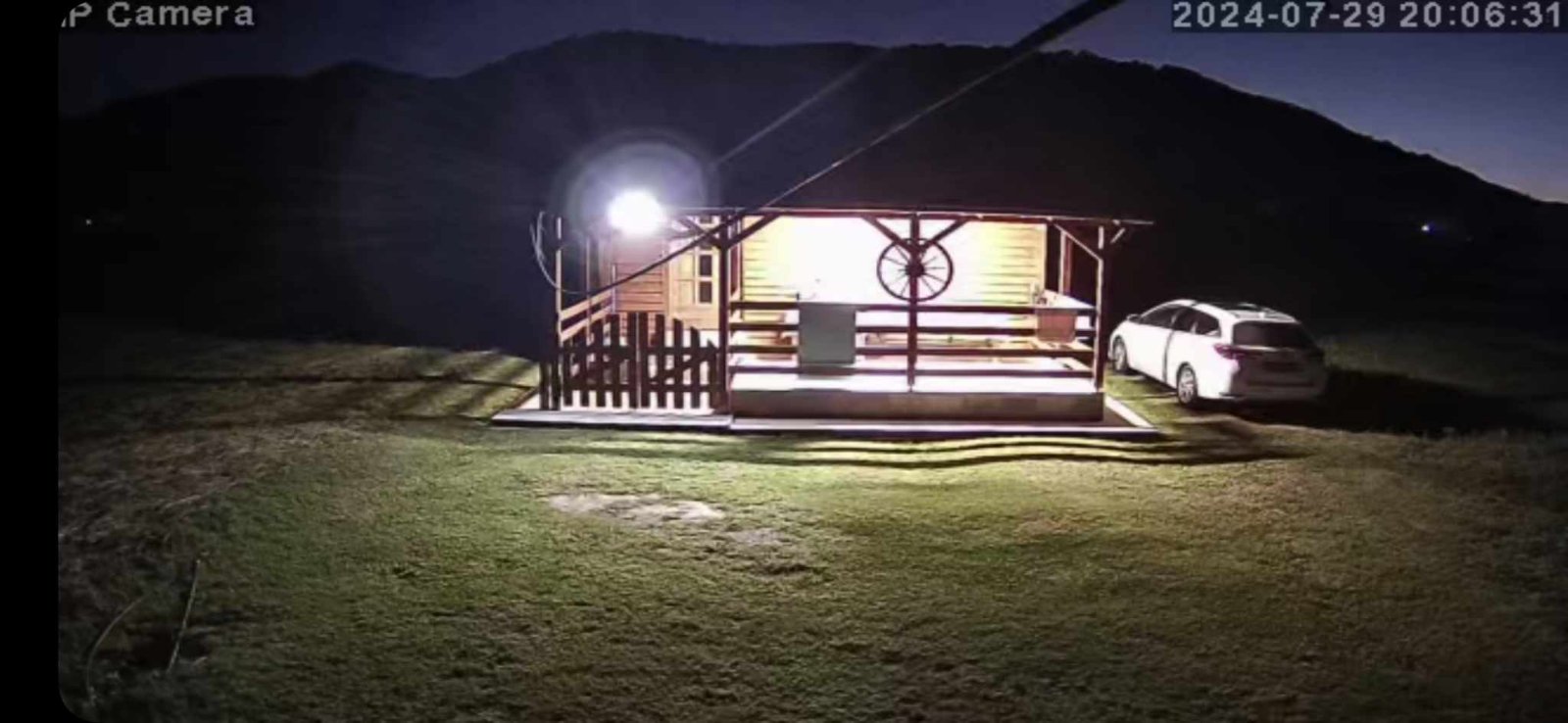
He also highlights the inactivity of the local tourism organization.
"Our local Tourism Organization in Bratunac is quite inactive, except for organizing the ‘Drina Regatta’ once a year, which I think is poorly managed. We haven’t received any help except for when the municipal excavator helped us lay the first row of stones for the terrace foundation. I hope that in the future, the municipality will invest more in tourism development because there is a lot of potential here," Branislav says.
Given that Branislav is a theology student, he was asked how he plans to balance tourism with his future role as an Orthodox priest.
"Even if I become a priest, my brother will handle the tourism side, and our children will help out. I will never abandon or forget the Drina River," Branislav concludes.
Tourism was once a significant industry in the Srebrenica and Bratunac regions, and it could be again. The area is rich in cultural and historical heritage, including Roman archaeological sites, medieval fortresses, and the healing waters of Guber. The pristine nature and tradition offer great potential for rural tourism, which could provide a good source of income for local residents, similar to successful models on the Serbian side of the Drina River.
Kakvo je tvoje mišljenje o ovome?
Učestvuj u diskusiji ili pročitaj komentare





 Srbija
Srbija
 Hrvatska
Hrvatska
 Slovenija
Slovenija




